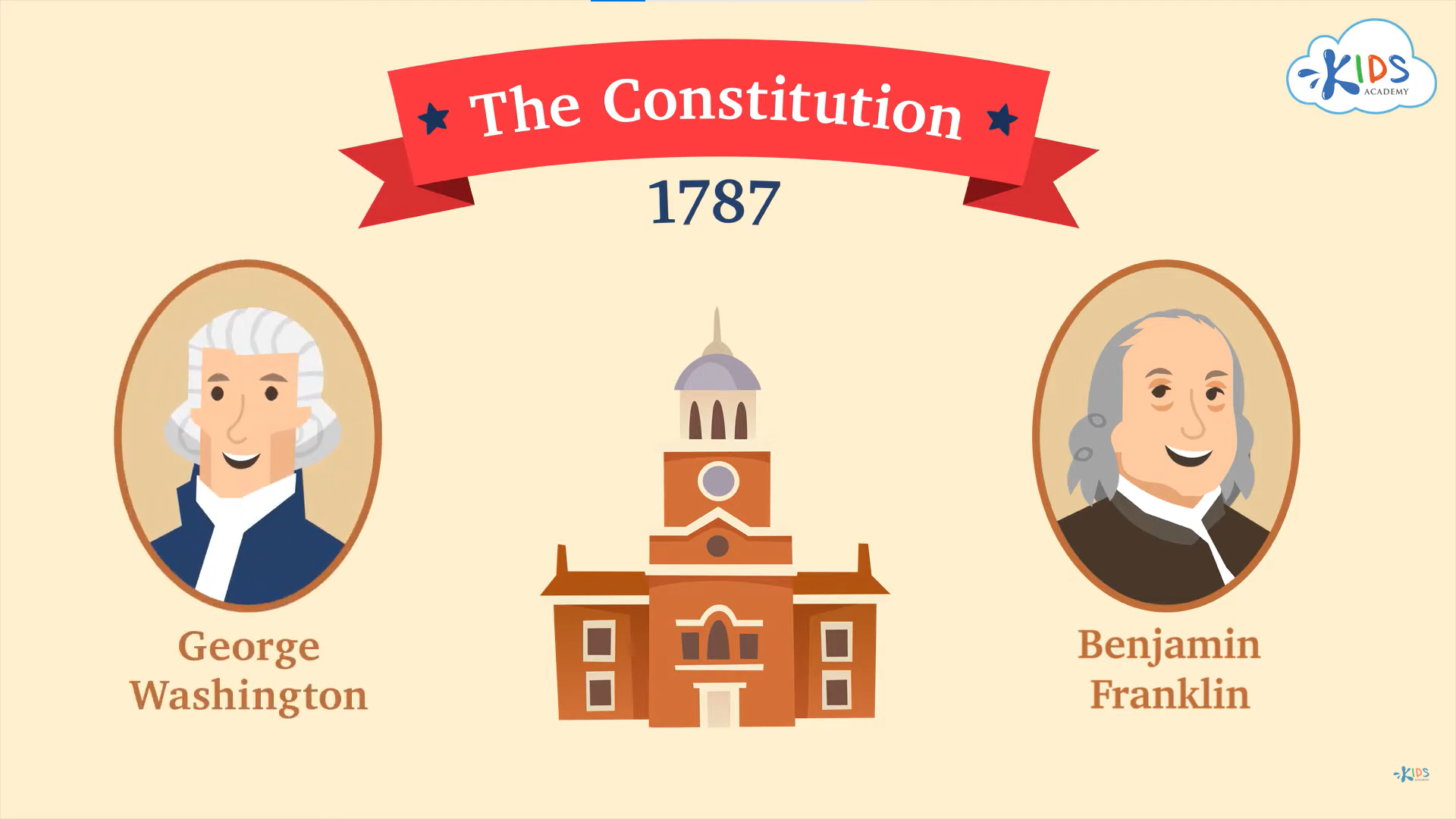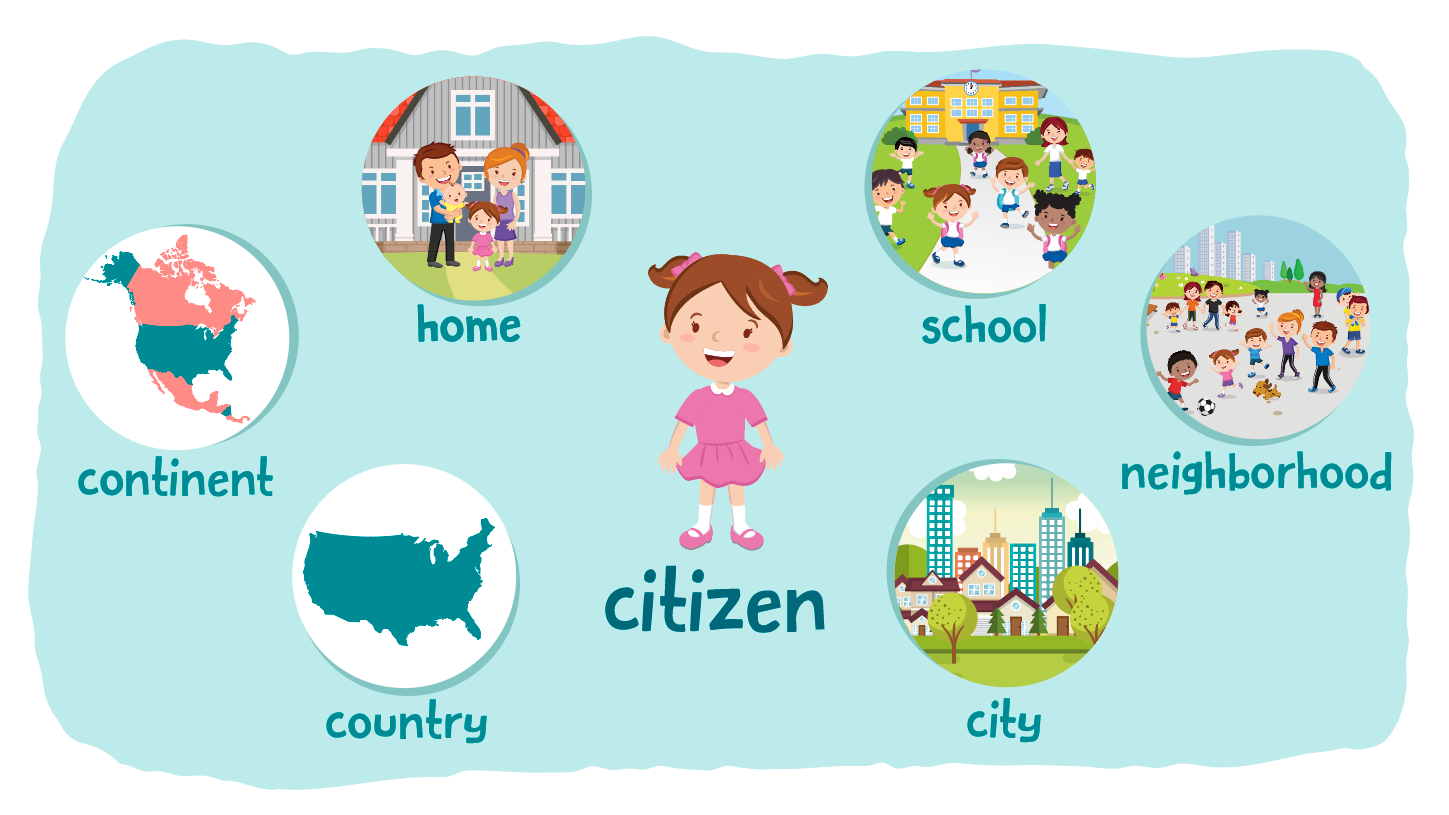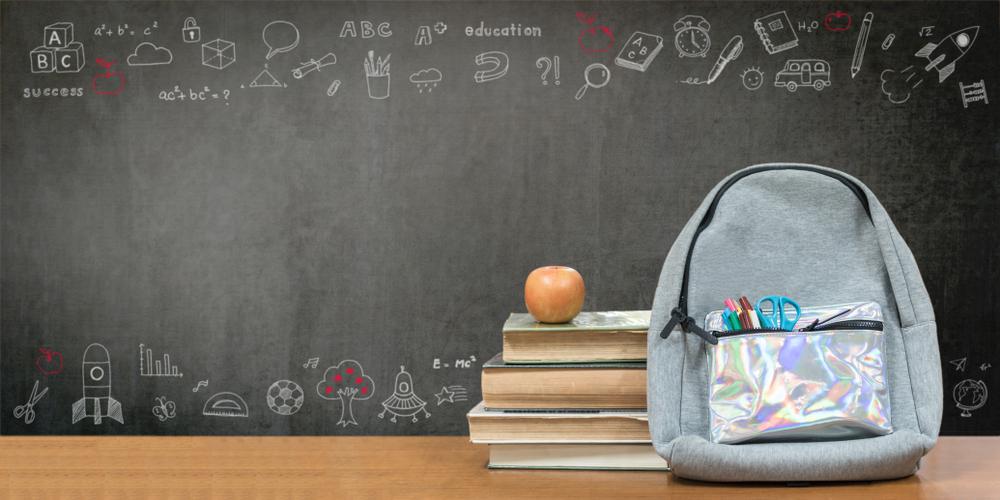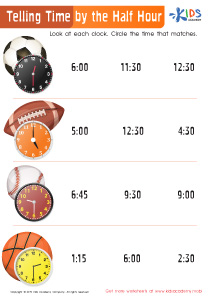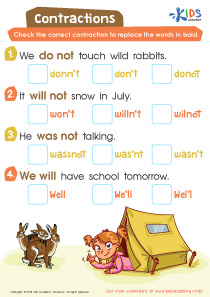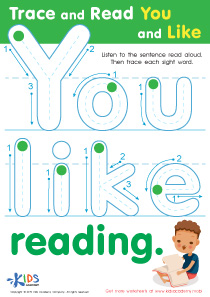Sound Association Normal Grade 1 Worksheets
10 filtered results
-
From - To
Explore our "Sound Association Normal Grade 1 Worksheets," designed to enhance young learners' phonetic skills and help them connect sounds with letters. These engaging worksheets encourage students to identify and match sounds with corresponding images or words, fostering essential reading and writing abilities. Tailored for first graders, our resources combine fun activities and interactive exercises, making learning enjoyable. Teachers and parents can easily access and print these worksheets to support their child's literacy journey. Promote sound recognition and improve phonemic awareness with our comprehensive materials. Start building a solid foundation in reading today with our engaging sound association worksheets!
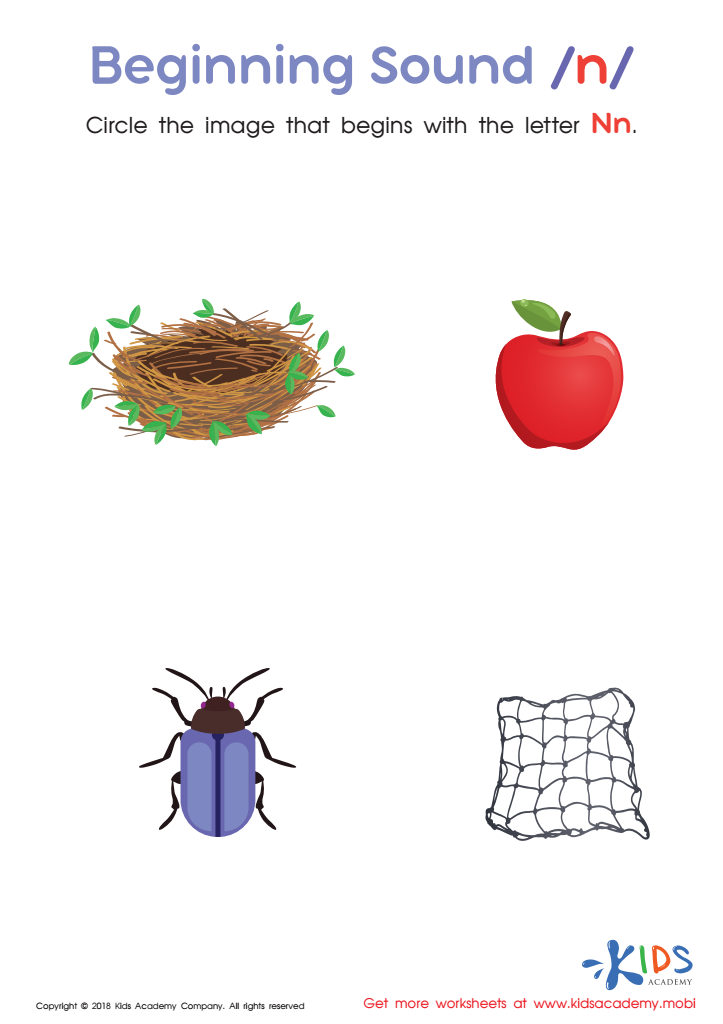

Beginning Sound «n» Worksheet
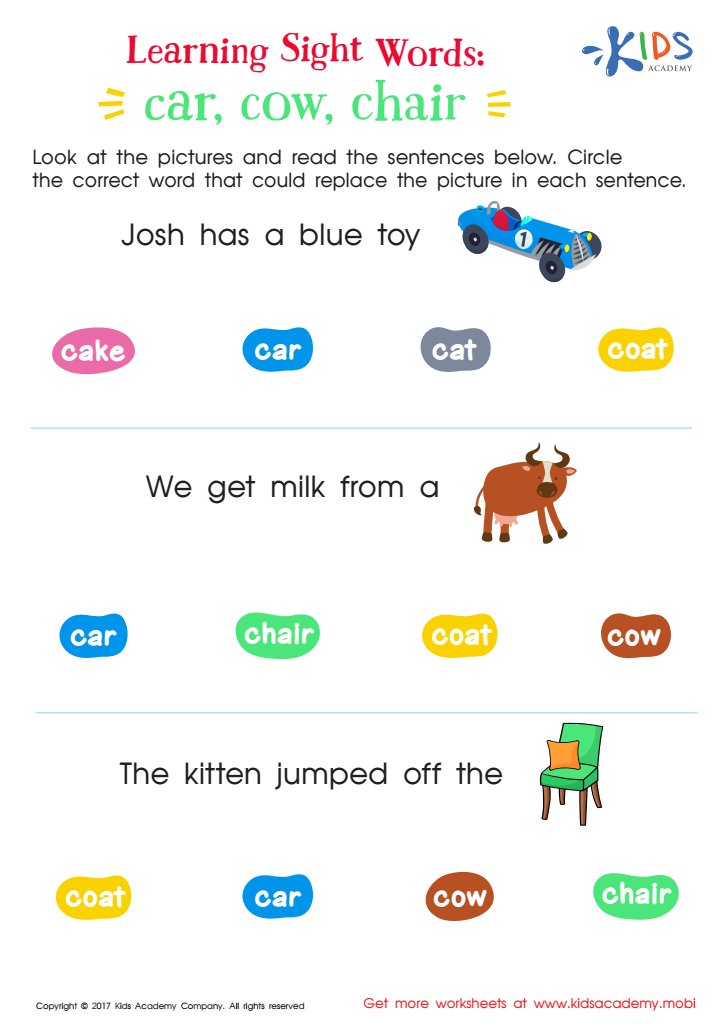

Car, Cow, Chair Worksheet Sight Words Worksheet
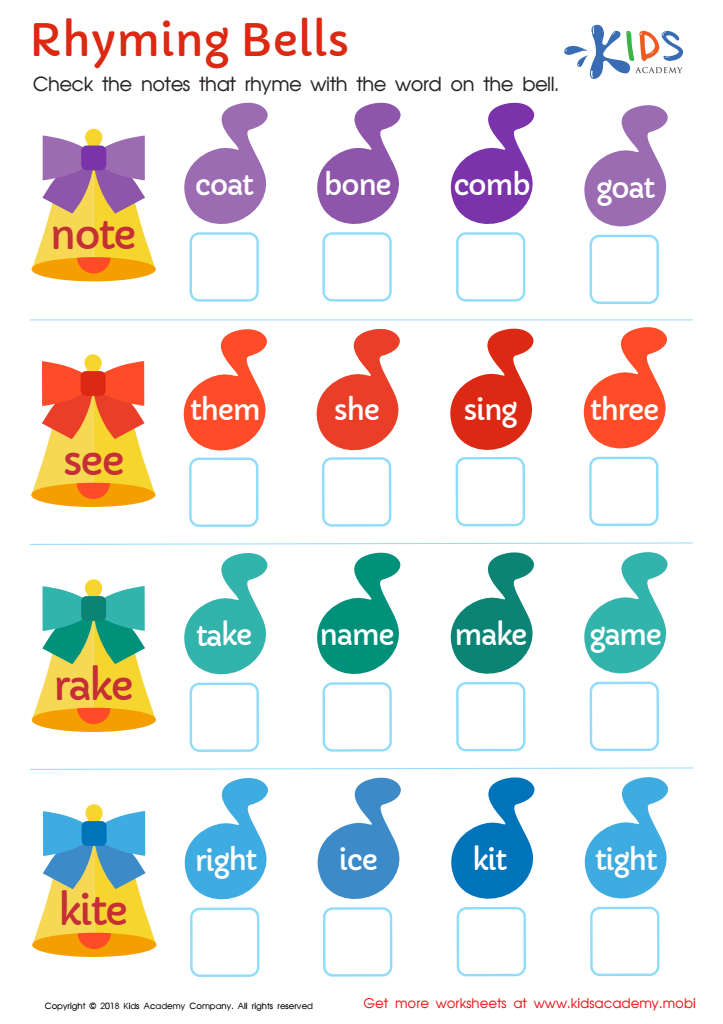

Rhyming Bells Worksheet
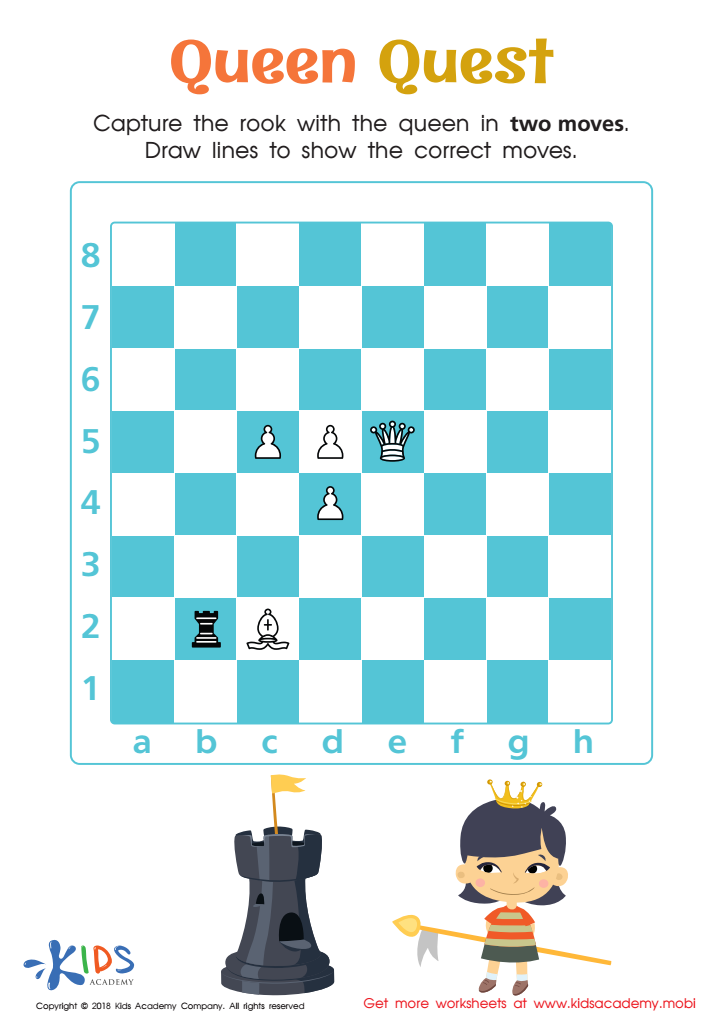

Queen Quest Worksheet
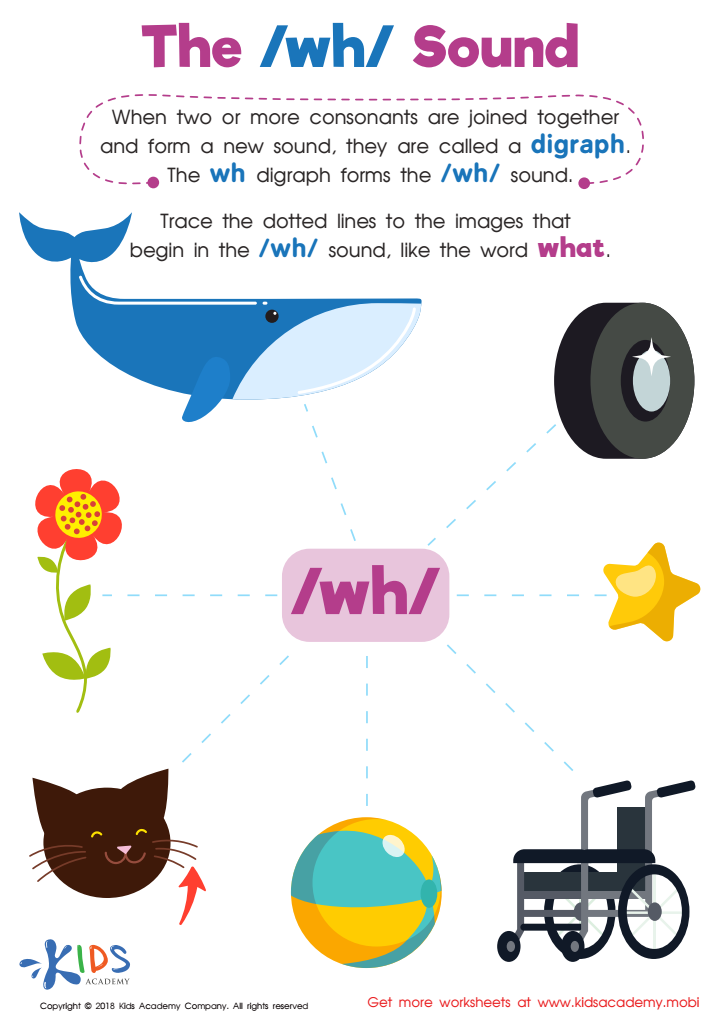

The /wh/ Sound Worksheet
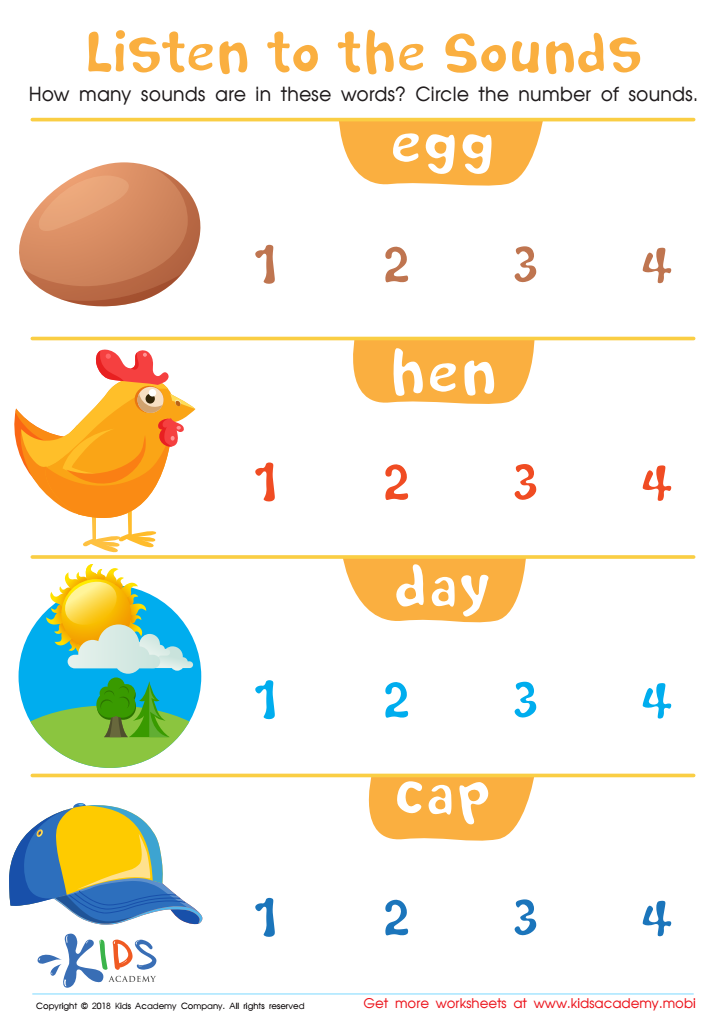

Listen to the Sounds Worksheet
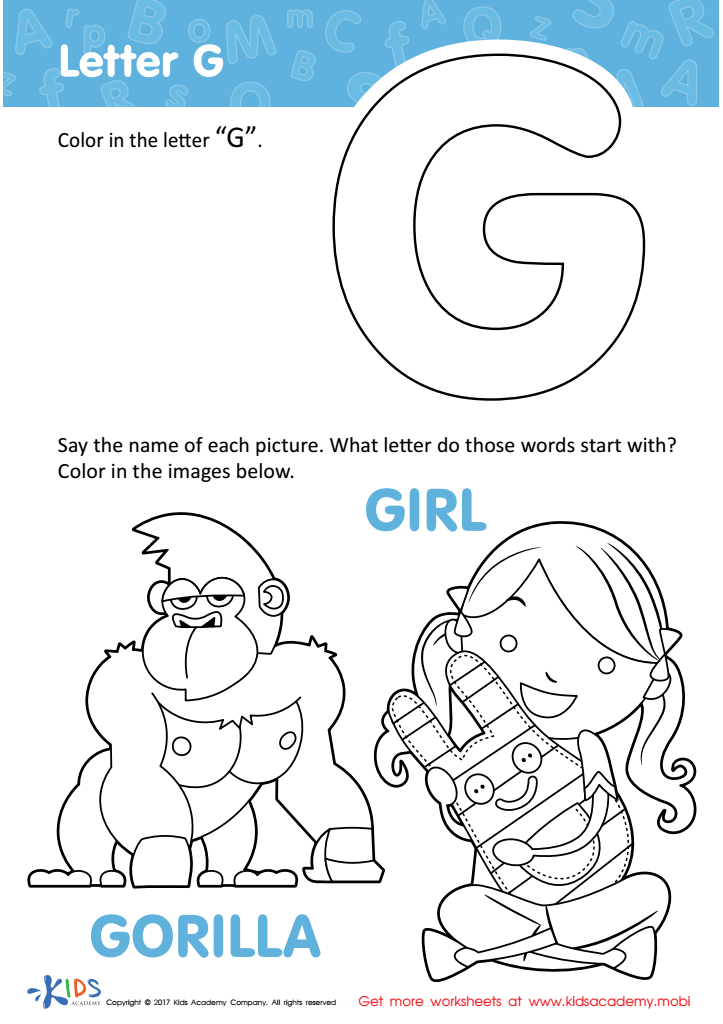

Letter G Coloring Sheet
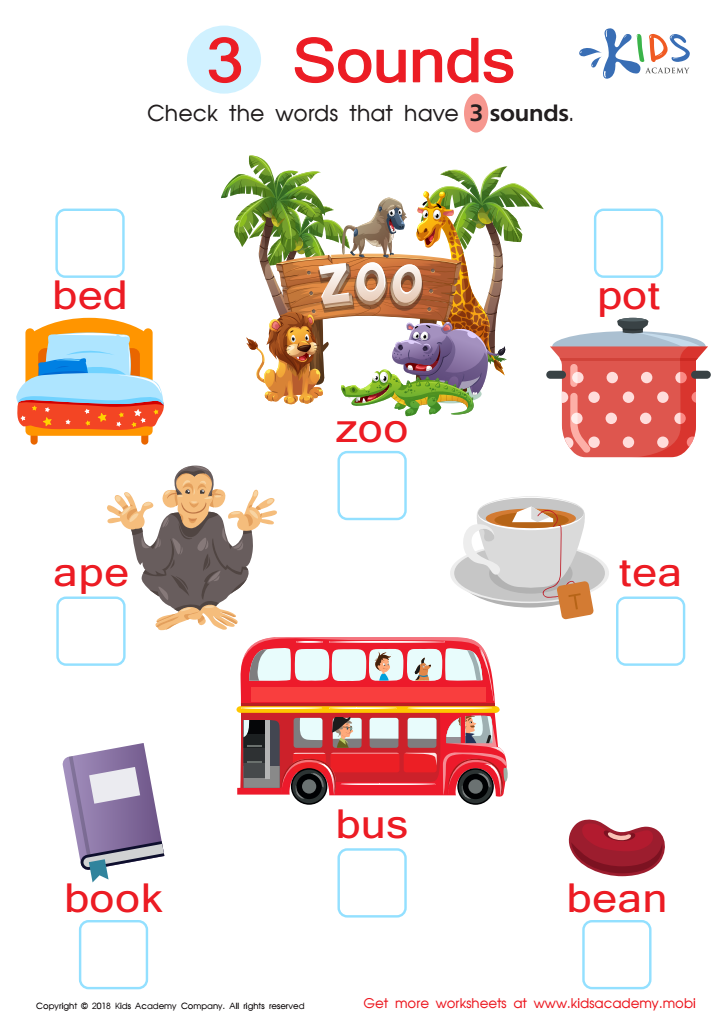

3 Sounds Worksheet
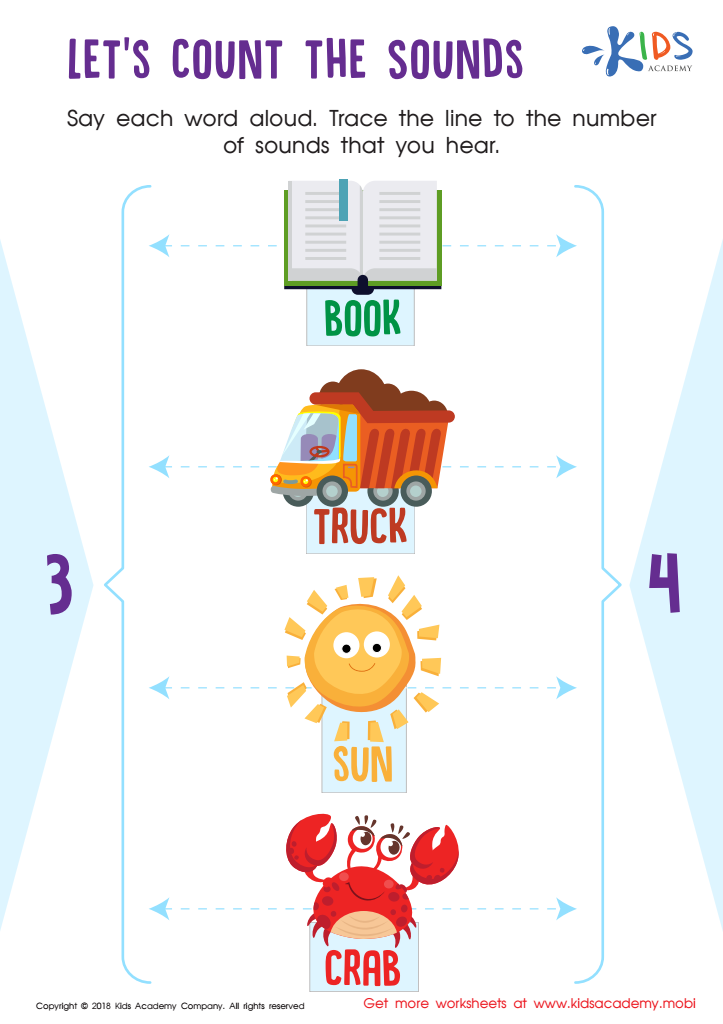

Let's Count the Sounds Worksheet
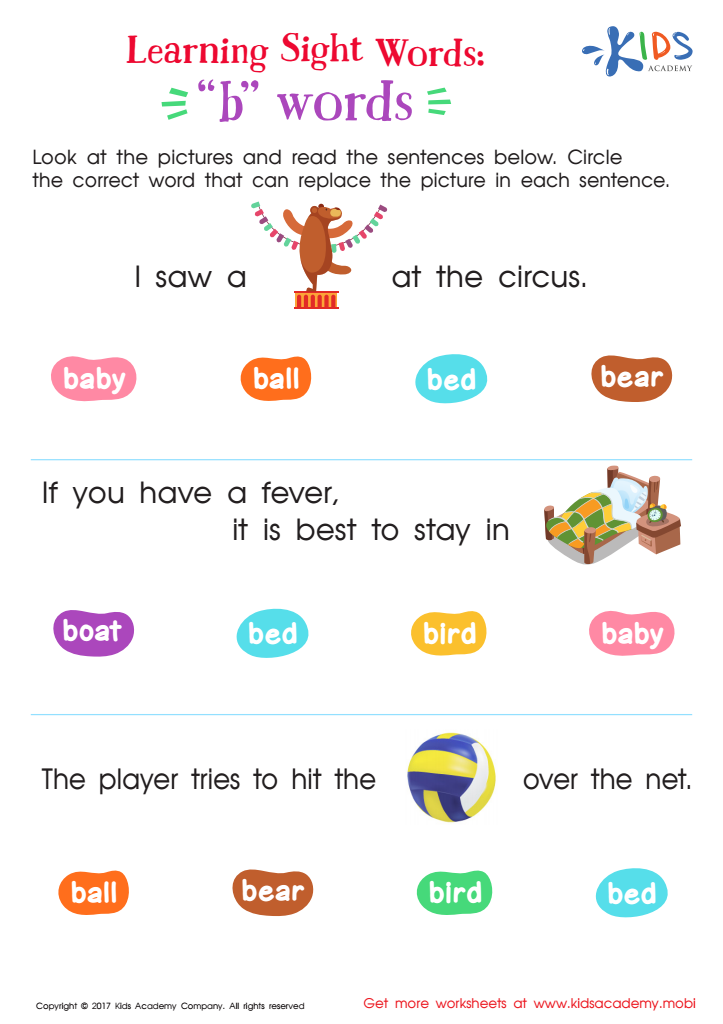

"B" Words Printable Sight Words Worksheet
Sound association is a foundational skill in early literacy development, particularly crucial for Grade 1 students. Parents and teachers should prioritize this skill because it directly impacts a child's reading and writing abilities. Sound association involves linking letters or groups of letters to their corresponding sounds, a process essential for effective decoding and encoding. By mastering sound associations, children gain confidence in identifying and pronouncing words, which helps pave the way for fluent reading.
Additionally, strong sound association skills contribute to overall language development, boosting vocabulary recognition and comprehension. When children can effectively connect sounds to their phonetic representations, they are better equipped to tackle more complex texts as they progress in their education.
Moreover, early interventions and support in sound association reinforce a child’s learning framework, enhancing their academic success. If parents and teachers help cultivate this skill through fun, engaging activities like rhymes, songs, and games, they can boost children’s enthusiasm for learning.
Ultimately, sound association significantly influences children’s ability to communicate effectively, ensuring a solid foundation for lifelong learning. By investing time in these foundational skills, adults can empower kids to thrive in their educational journey and beyond.

 Assign to My Students
Assign to My Students


